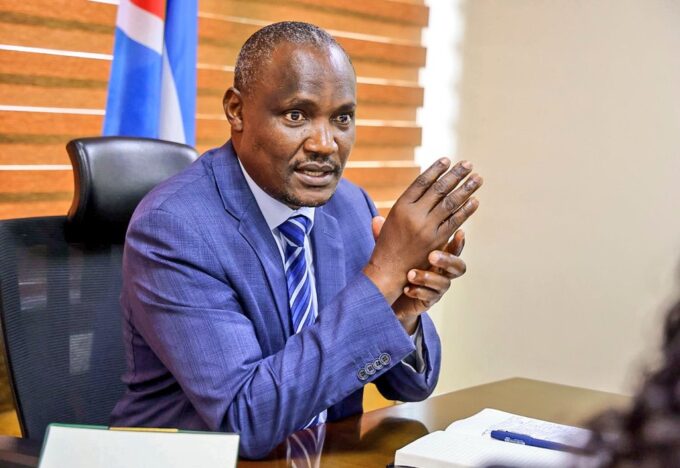Nigeria’s efforts to revitalize its oil industry and bolster economic growth received a significant lift with two major deals signaling renewed investor confidence in President Bola Tinubu’s economic reforms. As Africa’s largest oil exporter, Nigeria remains heavily dependent on crude oil sales, which account for approximately 90% of the nation’s foreign exchange earnings. The latest developments reflect both domestic and international interest in supporting Nigeria’s oil sector as a catalyst for broader economic progress.
Global energy giant Shell on Monday revealed plans to develop a deep-water oil reserve in southern Nigeria, an investment that could produce 110,000 barrels per day by the end of the decade. The announcement underscores the renewed optimism in Nigeria’s upstream oil sector. While Shell did not disclose the specific value of the investment, the project—known as Bonga North—is seen as a key driver of growth for the nation’s oil output.
The Bonga North project will complement the existing Bonga floating production, storage, and offloading (FPSO) facility, which has been operational for over two decades. Shell confirmed that the FPSO facility reached a milestone last year, producing its one billionth barrel of oil since inception. The Bonga North field itself is estimated to hold more than 300 million barrels of oil equivalent, positioning it as a critical asset in Nigeria’s energy strategy.
Shell’s announcement comes at a time when Nigeria is striving to ramp up oil production to meet its OPEC quota and improve government revenues. President Tinubu’s administration has been vocal about using increased oil earnings to fund critical infrastructure projects across energy, transportation, and agriculture sectors.
In another significant move, Nigerian energy company Seplat Energy finalized its acquisition of ExxonMobil’s onshore and shallow water business in Nigeria for $1.2 billion. The deal, which has been in the works since 2022, received final approval from President Tinubu in October 2024.
ExxonMobil’s assets, acquired through this transaction, operate as a joint venture with the Nigerian National Petroleum Company (NNPC) and contribute approximately 12% of the country’s total crude oil production. The acquisition positions Seplat as one of Nigeria’s top oil industry players, significantly enhancing its production capacity and operational footprint.
Seplat disclosed that the assets include over 600 wells, most of which are currently underperforming, operating at less than one-third of their production potential. Seplat’s strategic focus will be on reviving these wells to restore production levels and optimize output. The move aligns with the broader industry push to maximize Nigeria’s underutilized resources and drive growth in crude oil production.
Seplat, listed on both the Lagos and London Stock Exchanges, has emerged as a major private-sector player in Nigeria’s oil and gas landscape. The company’s ability to secure this high-value acquisition underscores growing confidence in the business environment shaped by Tinubu’s economic policies.
The announcements from Shell and Seplat reflect a broader trend of increasing investor optimism following reforms initiated by the Tinubu administration. These reforms, aimed at stabilizing Nigeria’s economy, have included subsidy removals, exchange rate unification, and an emphasis on attracting foreign direct investment (FDI).
President Tinubu has consistently emphasized the role of oil revenues in financing critical infrastructure and addressing Nigeria’s economic challenges. With dwindling production in recent years due to theft, pipeline vandalism, and underinvestment, the government is now prioritizing partnerships with global and domestic players to boost output and modernize the sector.
The combined investments from Shell and Seplat demonstrate renewed confidence in Nigeria’s oil market and its regulatory environment. They also align with the government’s objective to unlock the full potential of the country’s energy resources and position Nigeria as a key player in the global energy economy.














Leave a comment